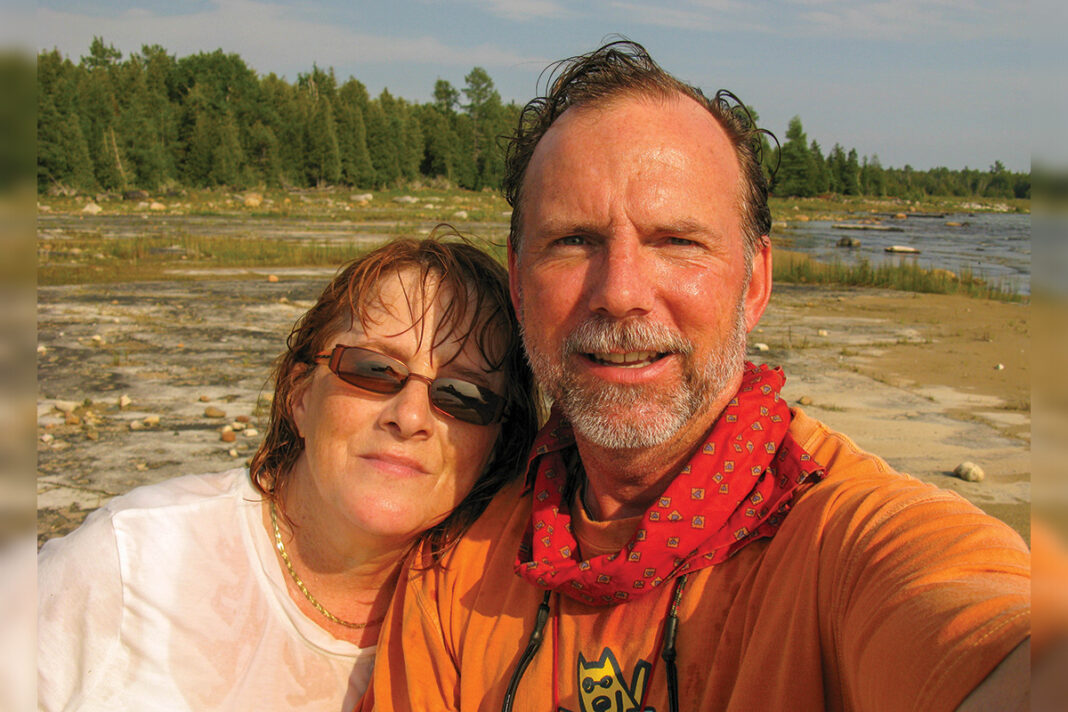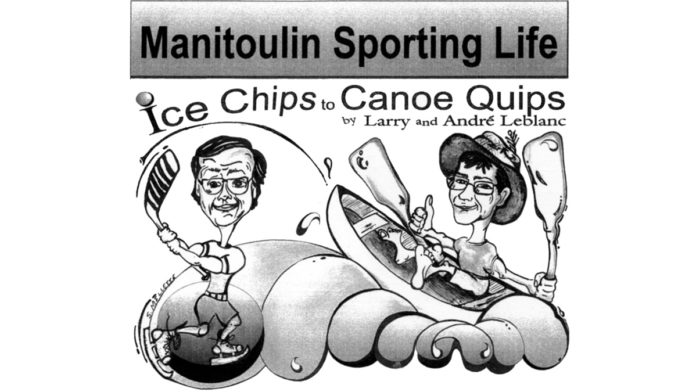Jo-Anne Moreton Connery
These days, Jo-Anne makes her home in Waterdown, Ontario. She has fond memories of her time on Manitoulin and her ancestors’ trials and accomplishments. “My maternal family line, the Schell family, were heroes of the American Revolution. Johan Christian Schell, my fifth great grandfather, was killed in a battle with the British and the Indigenous people. His 11-year-old twin sons were captured by the Iroquois. Their sister was scalped and abandoned but woke up, removed the scalpel, and walked home. The Iroquois brought the twins to Canada from America and the boys grew to adore their captors, absorb the culture and speak their language. The twins loved and welcomed their Indigenous family all their lives. All of this is included in Denissen’s book on the descendants of the Schell family. Sadly, my grandmother’s family were told to never talk about their German heritage, so this history was never known while they were alive.”
“When the war ended, the twins returned to New York. They wanted to bring surviving family members back to Canada. They were granted land in Grimsby by the Nelles family, land that was previously granted by Joseph Brant. A few years later, they relocated to Markham, Ontario. The Schell family grew and when my great-grandmother Margaret Schell married Jacob ‘Jake’ Prentice, born in Collingwood, they moved to Manitoulin Island. Jake’s great-great grandfather Oliver Prentice came to Ontario from Rensselaer County, New York in 1801 with his wife Lydia Delong and two children, Dorthea and Jacob. In August 1801, Oliver was granted 200 acres of land in Markham Township, York County. Jake and Margaret arrived at Meldrum Bay in 1897 to join Jake’s parents, William and Joanna (O’Brien) Prentice. Joanna lived to be 97 and is buried in Robinson Township.
“Jacob and Margaret had 11 children, the oldest, Maggie, was my grandmother. Of the 11 children, there were six sons. None married, with no offspring to carry on the Prentice name. The five daughters had eight children among them, the oldest being my mother, Annie Doyle, born in 1922. My grandfather Jake’s alcoholism and quietly disputed suicide (homicide?) in 1935 may have been the catalyst for the struggles and shame that plague the family name to this day. There are many happy recorded memories of the Prentice family before this tragedy.
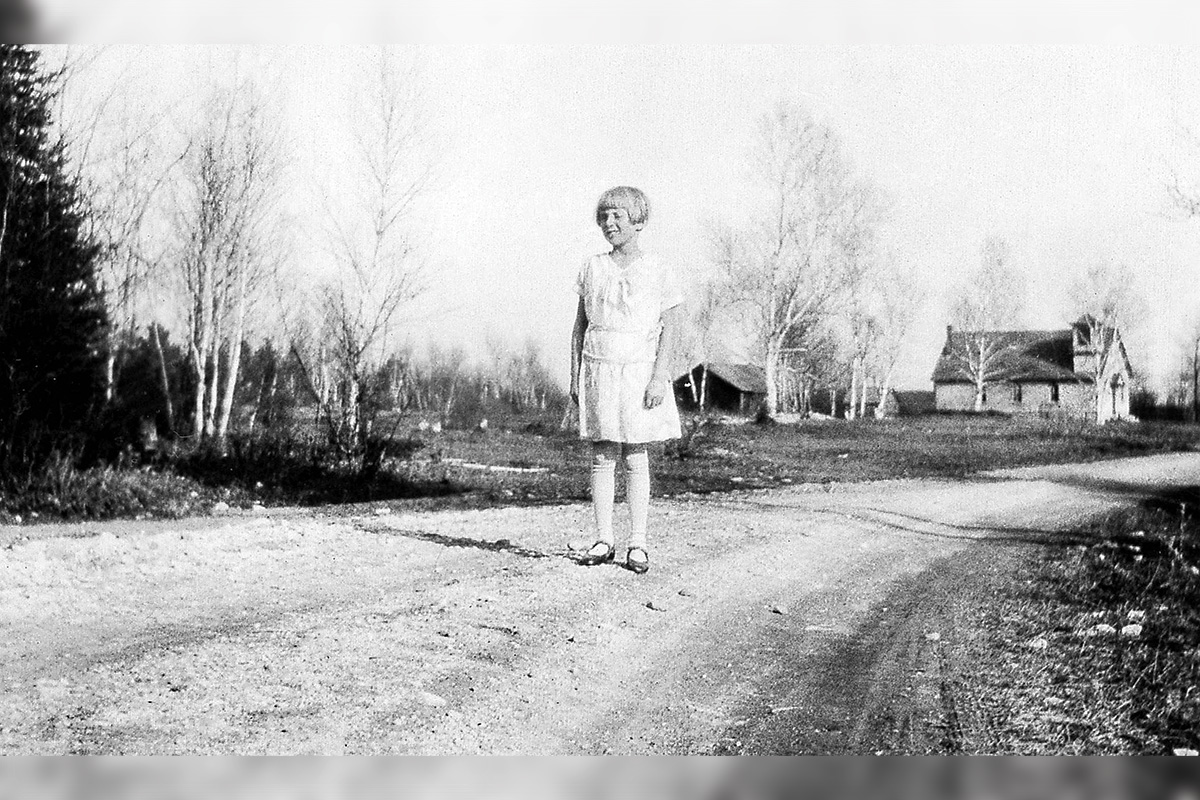
“I was extremely close to my grandmother’s brothers, Neil, Rob and Les Prentice. Neil, my godfather, was an amazing writer who logged and made railroad ties. As a young boy, when Neil’s ties were first rejected in favour of his dad’s ties, his father said, ‘take both or none at all.’ ‘The Boys,’ as they were called, came to Hamilton during the war and spent years helping to raise my sister and I. Neil worked at Robert Jones Lumber until he was met by a padlocked gate, signaling the closure of the business and the end of our time together in Hamilton.
In the 1930s, Neil Prentice and Reginald Joyce owned the white house with the green roof in Meldrum Bay. It was a general store that also sold lumber. I inherited the log books they kept which told the story of the Depression and their kindness towards those who could not pay and needed credit.
In the back of one of these log books is a reference to the payment made to my grandfather, James Doyle, for the salvage of materials like the captain’s table he dragged from the Turret Crown freighter, grounded on Meldrum Point in 1924. James discovered the wreck, a Canadian ship carrying rock from a local quarry to Michigan.”
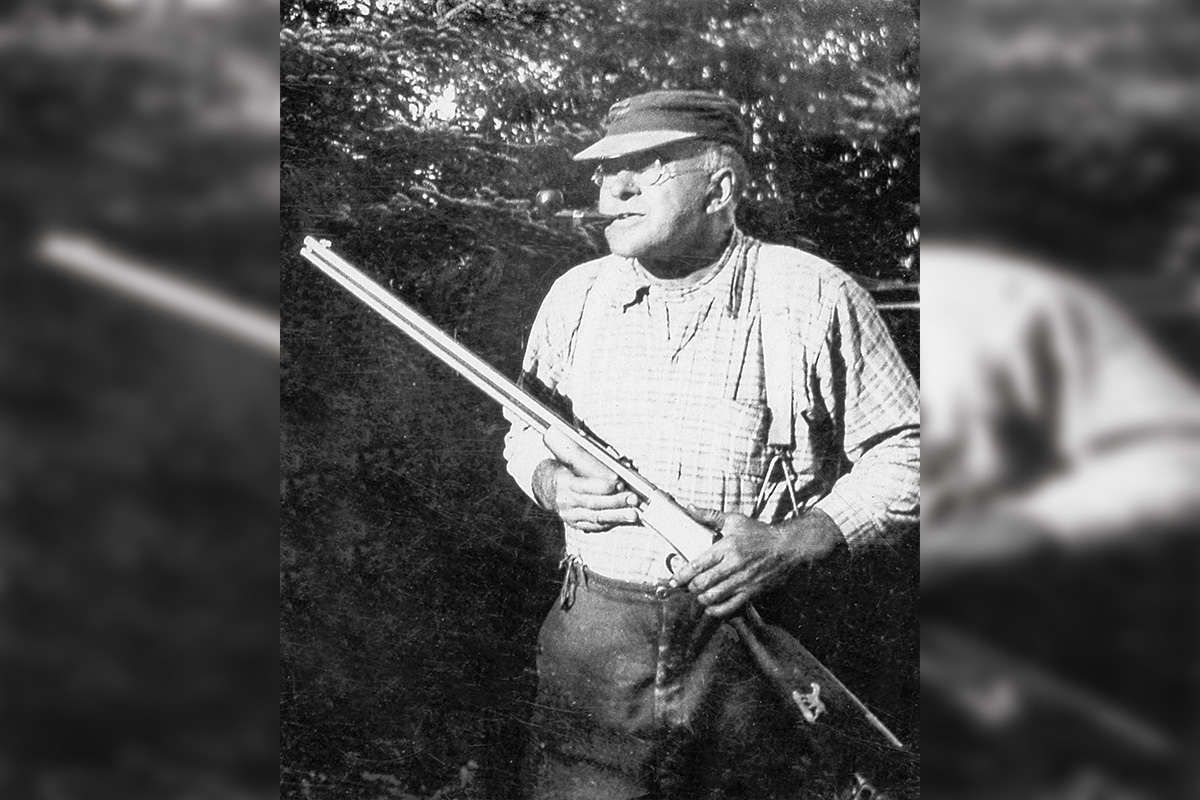
There’s an interesting story of Meldrum Bay history that connects my grandfather James with La Salle’s ship The Griffon. In 1930, Roy Fleming of Sheguiandah visited the Island to research the findings in Meldrum Bay. Mr. Fleming was taken to the site by locals, my grandfather among them, and James’ recollections of finding the skull of a very large man (possibly the Captain of the Griffon?) is well documented in the book ‘The Pilot of La Salle’s Griffon.’ We still have the letters between my grandfather and Roy Fleming.
“In 1914, Maggie married James Doyle, a much older man. James was born in Edinburgh Square in Caledonia, Ontario, where his father was a police chief.” Jo-Anne continues, “I later toured the building where he lived. James lived upstairs in 700 sq. ft.; downstairs was the jail, where his father incarcerated many inebriated souls. James eventually moved to the Manitoulin Island in the early 1900s, settling in Meldrum Bay at the end of the 12th Concession. He spent many years as a foreman in one of the mills in Meldrum Bay.
“James and Maggie soon moved across the Concession into a log home built by Charlie Allen in 1877. They lived off the land—farming, hunting, fishing, logging—in a cabin that had no running water, no plumbing and no electricity. One dark, moonless night, James was perched in a blind, waiting to snag a bear. Suddenly, across the field came a local, swinging a lantern, scaring off any game and telling my frustrated grandfather that he thought, ‘You’d be better of a light, Jim.’ Maggie had five babies in that log cabin, with my mother, Annie Doyle, being the only survivor. Maggie, born of good stock, was my hero. Meldrum Bay chose to honour my grandmother by naming the 12th Concession Road, ‘Maggie’s Road,’ after her.”
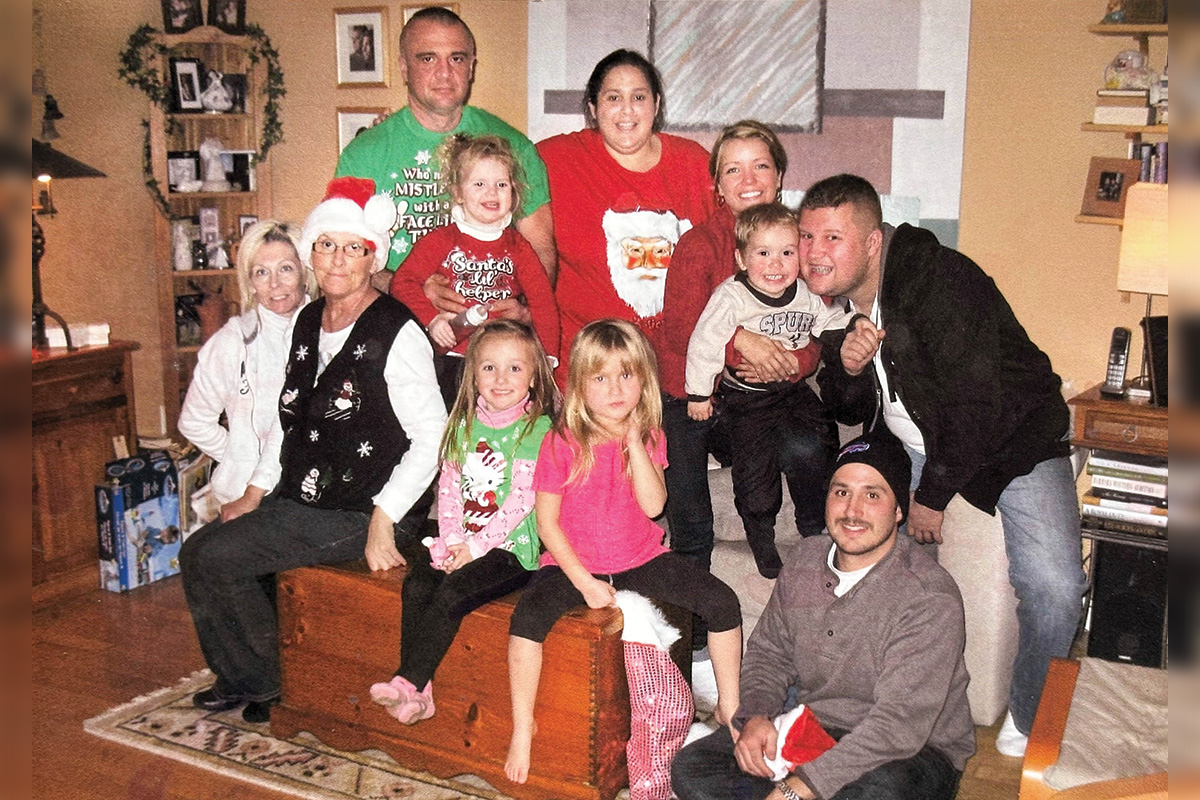
“Annie had a solid upbringing, adored by her extended family. At 19, she left Meldrum Bay to train in health care at the Plummer Hospital in Sault St. Marie. When the United States joined the war effort, she was urged by her uncles to join them in Hamilton. She reluctantly left the excitement of the influx of American soldiers crossing the border at the Soo and moved to Hamilton to support the war effort. She became ‘Rosie the Riveter,’ one of many with that title. She met my father Bill Moreton during that time. Years later, I found an old love letter from an Island beau, Doug Wright, in mother’s cedar chest. In the letter, Doug implored her to wait for him. By then, she had already eloped with Bill. Doug never knew this because he was killed overseas in 1944 shortly after writing his letter. I still have that letter.”
“My father’s family, starting with great-great grandfather Jonathon Moreton, were from England. Jonathon, now a widower, travelled from England to the United States. He booked passage on the ill-fated steamship Saluda. After it exploded, killing many including his brother, he then took a wagon train across the country to Utah.
“My grandfather, Reginald Moreton, migrated to Trinidad where he met and married my grandmother Audrey (Mellville-Murray). Her father, Thomas, was the editor of the local paper, The Sentinal. Audrey’s mother died at age 31, leaving five children, cared for by their aunt Lillian Barber. Audrey died at age 27 of a brain tumor and left her three boys in the care of Lillian. When I was born in 1948, and my father left, Lillian became my Godmother and was devastated when she had to leave my mother to return to Trinidad.”
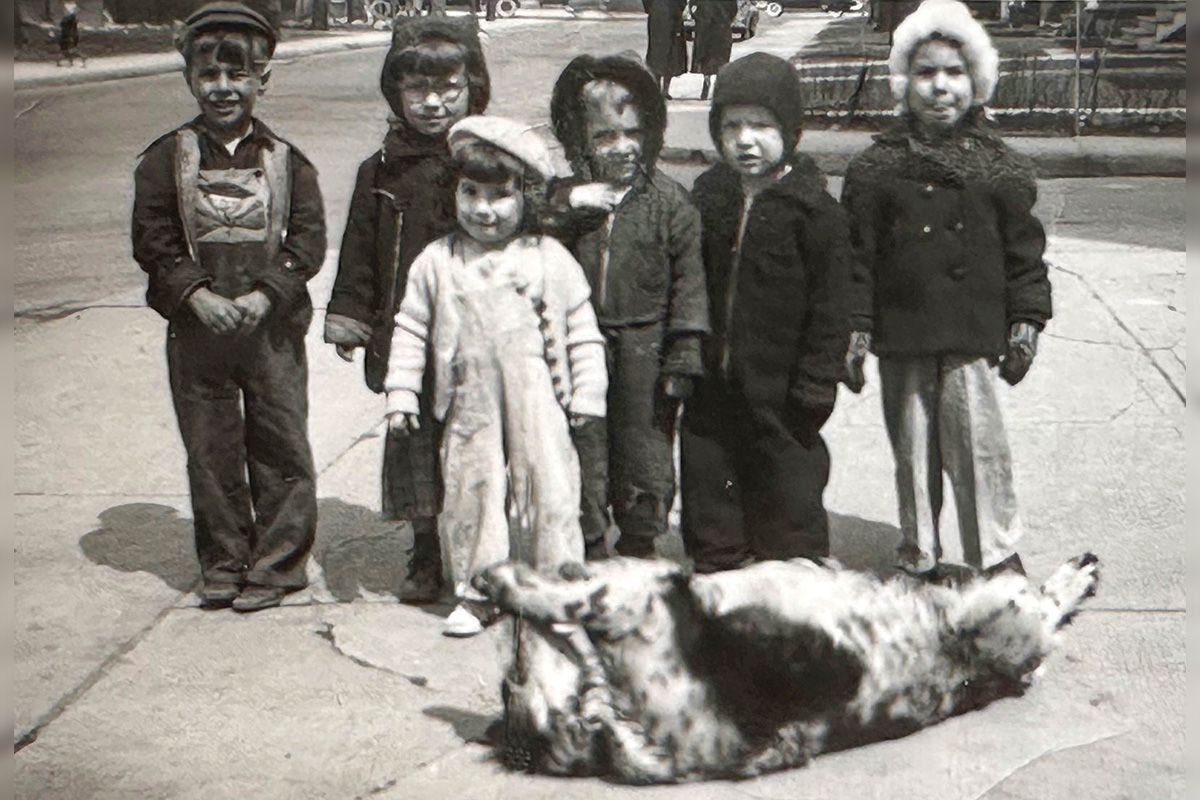
“William Dennis Moreton, son of Reginald, is my dad. He was born in Toronto after his family moved there from the Caribbean. He had his own taxi when he married our mother Annie Doyle in 1944. He spent five years in Europe during World War Two and returned to Hamilton in 1944. He married my mother in December 1944. My sister, Elsa Dawn, arrived in 1946. He left my mother when I was born on October 25, 1948, and his brother Bernard (Bunny) was by my mother’s side. It was a privilege to get to know my Uncle Bunny and his family much later in life. I didn’t get to know my grandfather because he had died six months after I was born in Hamilton. I grew up with my grandmother, mother and my sister Dawn.”
“When my grandfather died in 1949 with no insurance, and a daughter with two babies to raise, Maggie was fortunate to take a position just off the Island near Birch Island at Hockens Mill. She worked as a cook for a mostly Indigenous work crew and forged a deep and lasting friendship with Alex, the chief’s son. I have so many fond memories of our times at the mill; one of the highlights being the boatloads of blueberries that Maggie would turn into pies. We would shell peas behind the cookhouse and cool off in the clear waters of the bay.”
“I never knew my father. I found his name in the Hamilton phone book, where there were only two Moretons—my mother, Annie, was listed first, followed by William. I never met him and he died in 1995.” Jo-Anne continues, “Mother cleaned houses for a living when we were young. Our small rental only had two rooms—one was the bedroom for all of us, and the other held a kitchen, living area and a washroom shared with a family of nine. Early memories include being tied to a tree when I was four. I must have tormented my mother when I used to wander away on busy Victoria Avenue, looking for rabbits. Mom tied me to that tree to teach me a lesson. Sometimes I would use the rope to parachute myself off a branch. The other kids loved it and wanted to be tied to a tree as well. One time, I took some chocolate and hid it under the bed. My mother couldn’t find me, so she called the police. It took a cookie reward to coax me from my hiding place. I had to endure a spanking afterwards.”
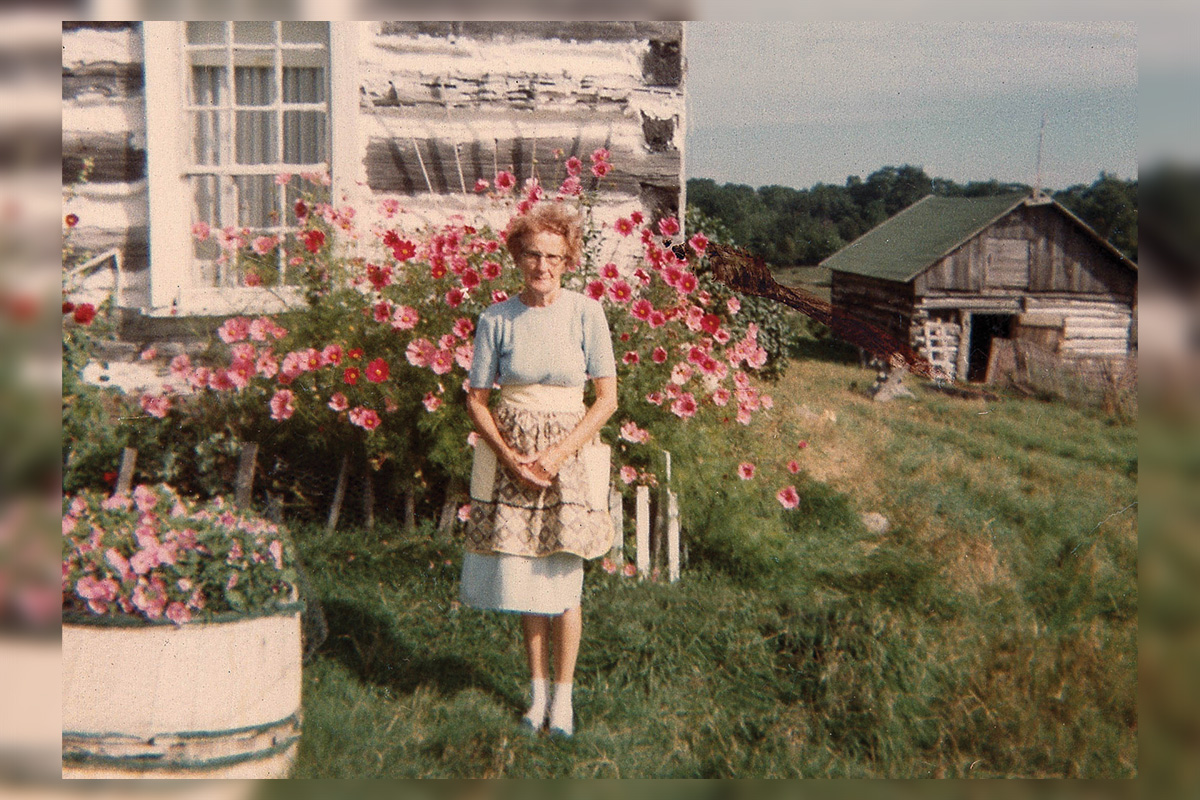
“I went to so many schools between Grades 4 and 8. The last school was Lloyd George School. I remember walking there at age nine and hearing a train coming. I ran to beat the train, but my sister had to wait on the other side. I made it, and was walking backwards, sticking my tongue out and teasing my sister. Suddenly, I fell into a utility hole, right on top of a worker’s head. The worker came up with me on top of him. I scraped my shin all the way down, going into that hole. It was now my sister’s turn to tease me. I wound up going to school with a sore leg, and I never dared tell my mother.”
“I attended three high schools, and by then my mother’s disease—the disease of alcoholism—had progressed, contributing to a life of chaos. It was a challenging time. I spent much of it on my own, but I did go to many school dances where I could pretend that life was different than it was. I was sick a lot back then and failed many classes. On the other hand, my studious sister wound up in the top 10 in her class.”
“It seems that I had been an enabler for the people in my life, certainly for my mother. The silver lining in my life was the constant influence of my beloved grandmother. She would leave her country home on the Manitoulin and we’d meet her train at the Hamilton station, and life would be peaceful while she was with us.”
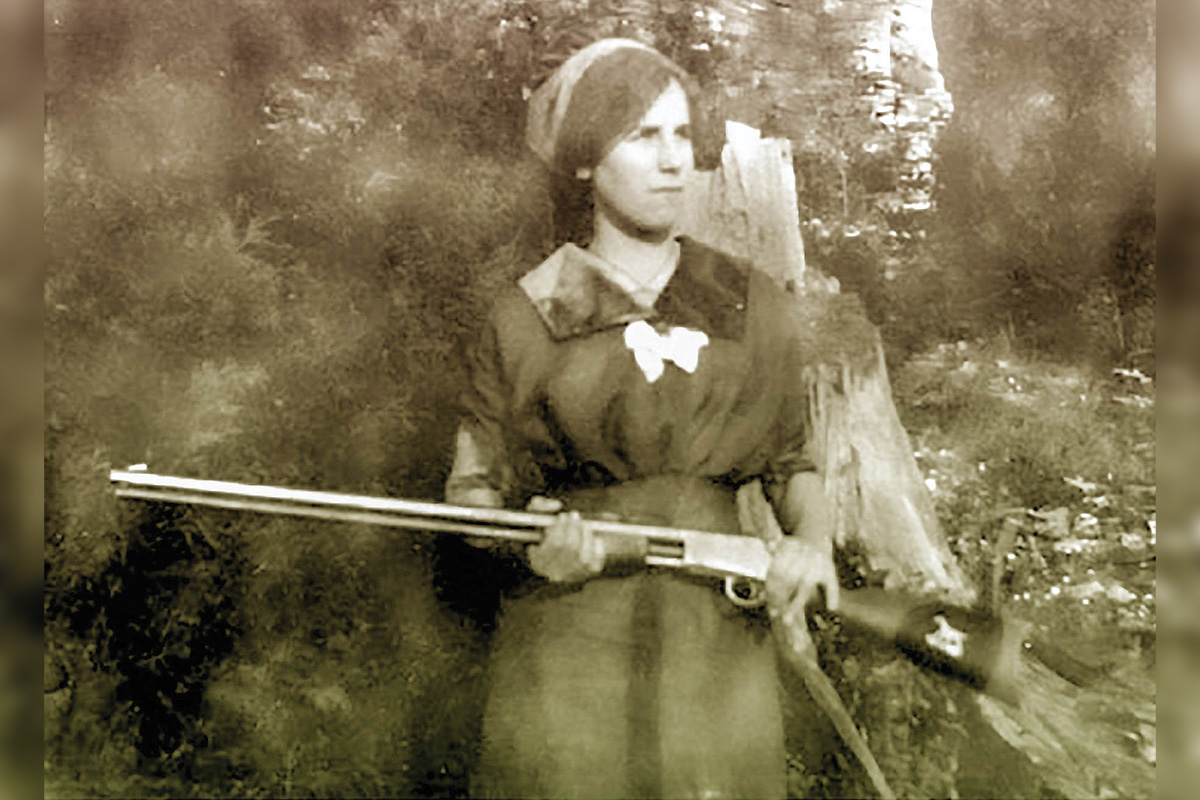
Jo-Anne dropped out of school in Grade 12 and was married at age 20. “My first marriage lasted 20 years. We met in Grade 6; he was from Croatia and didn’t speak English well. My grandmother, when asked ‘Who did Jo-Anne marry?’ responded, ‘Oh, some foreigner.’ We were blessed with two children, Nicholas and Leanne, and were coping until the disease of alcoholism again invaded my life. In 1988, precipitated by a very serious consequence of the disease, I left my marriage. Mom had encouraged me to join a support group for families of alcoholics, in 1979. My mother died in 2004 with 33 years of sobriety, and in January 2024 I celebrated 45 years in my program.”
“The day mom died, she was dusting two by fours in her apartment and had just voted in the local election. We were planning lilac-picking and shopping on the weekend. We talked every day on the phone, and she died mid-sentence. I panicked because I was afraid that if she wasn’t dead, she’d be mad at me for calling 911.”
“In 1976, I helped start the first Catholic School Lunch Program in Hamilton, and also hired staff to take care of the children for working Catholics.” Jo-Anne was very involved in volunteer activities in her community, and when a position opened up at Mohawk College, she applied for a public affairs position. In 1979, with only part of Grade 12, she was hired, and worked there for 30 years from 1979 to 2010. “There were 457 applications for that entry-level position, and thanks to prayer, I was one of three that were hired. It was a perfect fit and I remained in that position for 30 years.”
“I met my second husband, Andrew, a photographer, now instructional designer, working at Mohawk. He supported me as a friend during my marriage breakdown—it was very personal and private to me and only because we shared recovery did I feel safe. After a few years, we were wed on Christmas Eve 1990, and have been married for 33 years. Life has had its challenges, for sure, including my stage four cancer diagnosis in 2012 and the multiple treatments and surgeries that followed. The first chemotherapy almost killed me but 12 years later I am cancer-free. I have had both hip and knee replacements. I now have three walkers, one for each floor.”
“In 2021, I accidentally catapulted down 13 stairs and landed on my head. My husband found me two hours later and I spent three weeks recovering in the hospital. Andrew sat with me in the hospital, every day. The incident reminded me of my ancestor, Eve Schell, who, after being scalped and left for dead, woke up and pulled the scalpel from her head and walked home. I had a recurring psychic dream about being scalped. I was clearly influenced by biased Hollywood B movies, but I inherited my toughness from Maggie.
“Son Nicholas has three children, Matthew, Jacqueline and BrookeLynn. Daughter Leanne struggled to have a child with her endometriosis and was blessed at 36 with daughter Mya. I was there, I cut the cord,” Jo-Anne adds proudly.
Favourite pets? “Only cats when I was growing up, but Andrew and I had a cocker spaniel-retriever mix named Abby.”
Favourite season? “Fall, October, less heat. I can smell the fall season with my ‘Gypsy’ blood. Turtlenecks and sweaters abound.”
Any favourite collections? “Pictures.”
Favourite family holiday? “We used to go to Meldrum Bay with mum.”
Recipe for happiness? “Hidden in the Serenity Prayer.
Favourite television show? “Survivor, Alone and CNN.”
What are your strengths? “Remembering history, being a nurturer for the family. I am the ‘GTO’— Grammy’s Take-Out service.”
“Also, my faith is strong in my heart. Jesus is my chosen father, and the only father I really have. Spirituality is a strength, much stronger than religion. I grew up with GOD: Good Orderly Direction and EGO: Edging God Out. They were reminders of staying true to the chosen path. My recovery friends pray for me and give me strength.”
What did you enjoy most as a parent? “The joy and the fun of interacting with our children. It would have been even more enjoyable if it had not been warped by circumstance. I loved the songs and the plays and seven years of music lessons they took. I recall the college closing and white-knuckling it home in a blinding snowstorm. I was finally at my door and my daughter was waiting there. ‘When are you taking us to the concert?’ I got back in the car and took them to the Corey Hart concert.”
Words to live by? “My mum always said, ‘Live one day at a time, plan your work and work your plan.’” Is there anything you would like to accomplish that has evaded you in the past? “No, God has masterminded everything, so all is as it should be.”
Anyone who inspired you? “God and Jesus.”
What are you most proud of? “Being a survivor with enough tenacity so I could be there for my family.” What are you most afraid of? “The dark side of humanity. Dying is not my biggest fear, it’s the vulnerability of dealing with effects of cancer and making decisions like asking for medical assistance in dying. I am more afraid of something tragic happening to my family than for me. I believe the number one tool of the devil is discouragement. We have to stay positive in this life.”
Favourite verse? “Amazing Grace.”
“As I write this, Andrew is at Maggie’s in Meldrum Bay. There are always things to fix and replace and improve, and he is sharing his latest project with me. In 1990 my mother was wanting to sell the property before it fell into further disrepair, but I persuaded Andrew to help us keep it in the family. At first sighting, he likened the cabin to something from a Stephen King novel. Eventually the rain stopped, the sun came out and he was hooked. We hired the Cadden brothers to help with the initial reconstruction, log replacements and a new steel roof.
“Meldrum Bay has been his destination of choice for the last 34 years. We’ve worked to keep it simple. Our motive for keeping Maggie’s home was for the next generation. As we age, it’s up to them to embrace their heritage. I am grateful for Andrew’s tireless dedication that has helped keep my grandparents’ legacy alive. The Island is a beautiful, rare place that we love, and it will always hold a special place in our hearts.”

